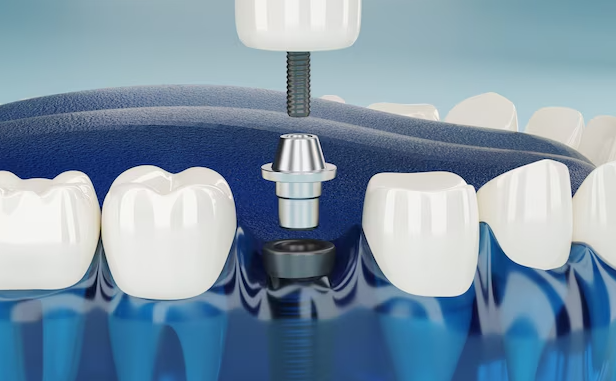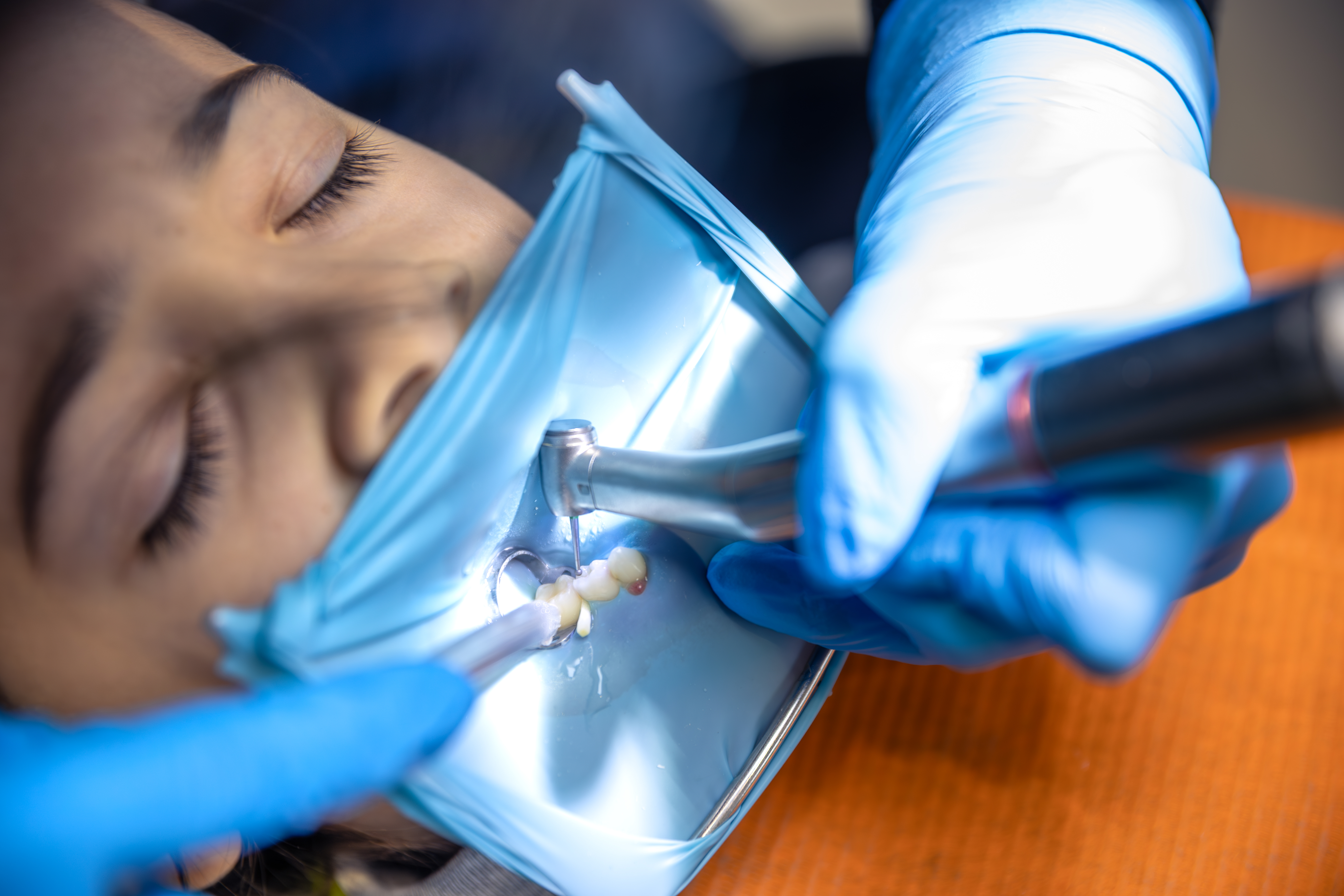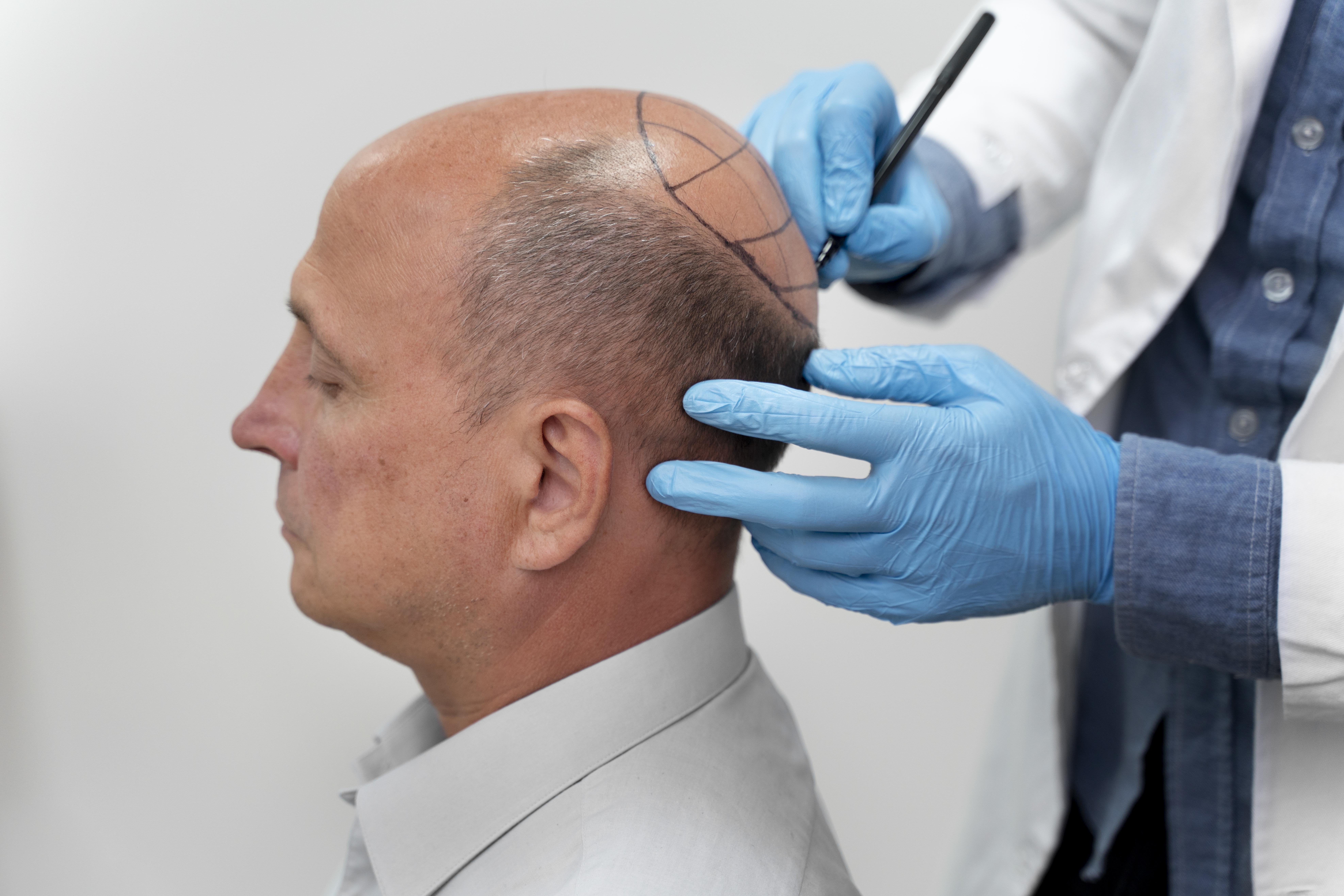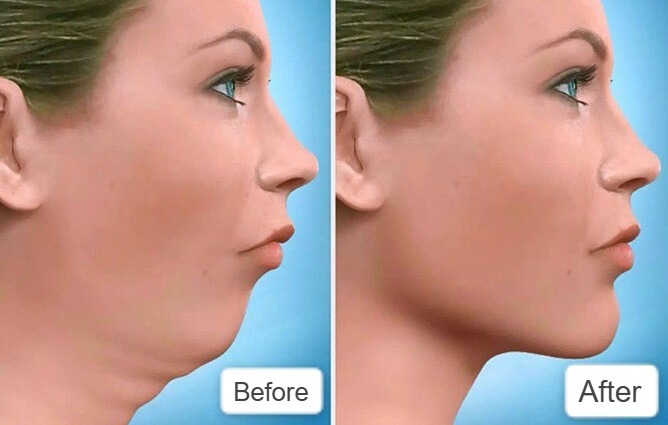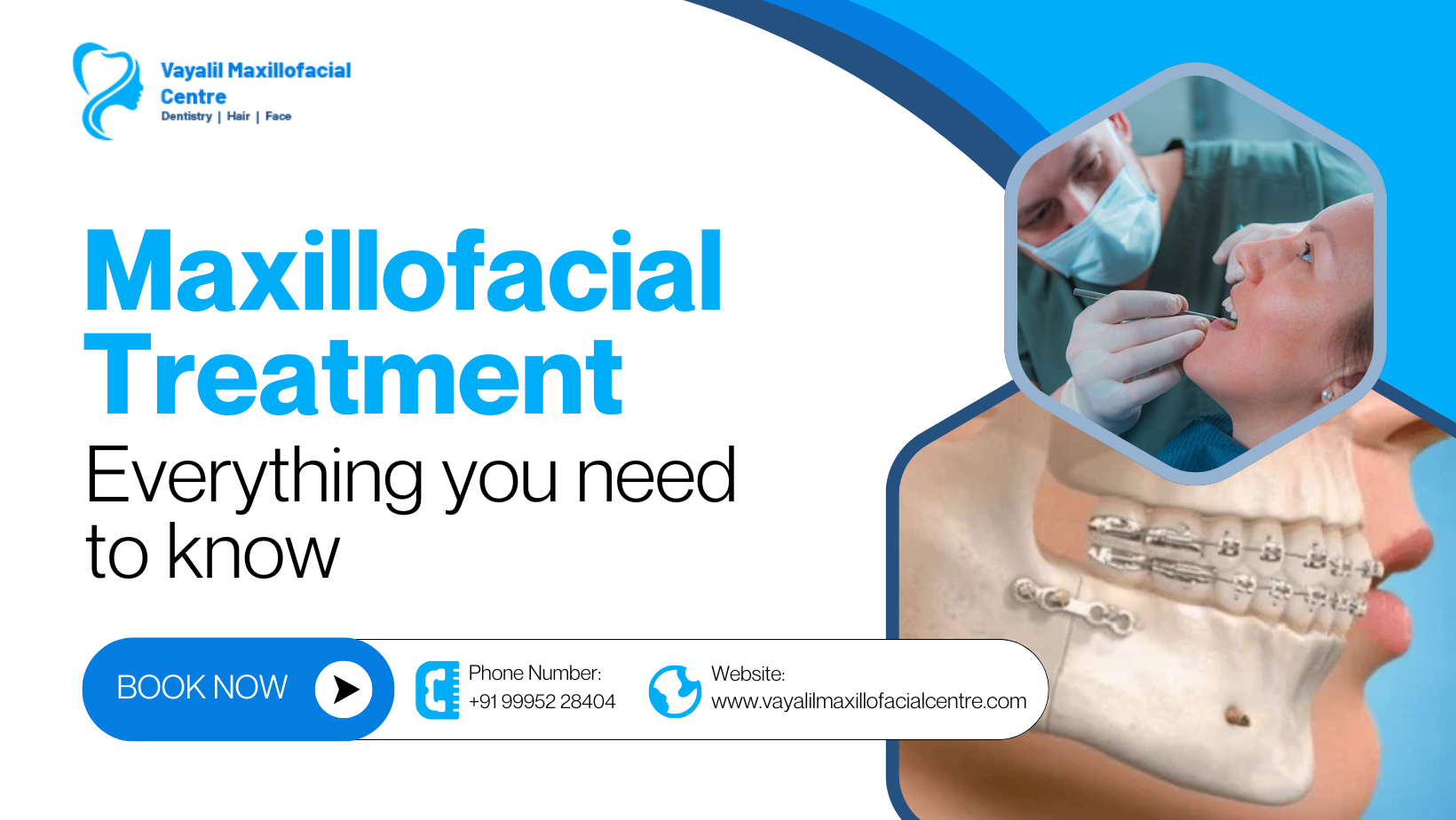Dental implants have changed the face of modern dentistry and provide a permanent, natural-looking replacement option for missing teeth. Unlike traditional dentures and bridges, which come with limitations, dental implants provide superior functionality, aesthetics, and long-term benefits.. Let’s check what are the major differences and advantages Dental Implants have over traditional Dentures and Bridges.
What Are Dental Implants?
A dental implant is a screw-like, biocompatible titanium post that is surgically positioned into the jawbone, mimicking the root of a natural tooth. The procedure promotes osseointegration over time, in which the implant fuses with the bone, providing a solid foundation for a replacement tooth (crown), bridge, or denture. The incorporation of these components results in stability, durability, and a natural feel, which makes implants the closest alternative to real teeth.
Why Choose Dental Implants Over Traditional Dentures & Bridges?
- Unmatched Stability & Comfort
Unlike removable dentures, which can slip and wound sensitive gums, dental implants are anchored securely into the jawbone. This stability permits the natural act of chewing, talking, and smiling without anxiety.
- Long-Lasting & Durable
Dentures and bridges, for example, can need replacing every 5–15 years, whereas with the proper care, dental implants can last a lifetime, making them a reasonable long-term investment.
- Protects Against Bone Loss & Preserves Facial Features
Absence of stimulation from tooth loss could cause jawbone deterioration. Unlike dentures that can accelerate bone resorption, implants mimic natural tooth roots and prevent bone loss while protecting the integrity of your facial structure.
- Preserves Adjacent Teeth
Bridges need to grind down adjacent healthy teeth in support, which can make them weak and put a lot more strain on the teeth over the years. In contrast, dental implants stand on their own, without disturbing neighboring teeth.
- Better Oral Hygiene & Ease of Use
Implants behave like natural teeth and can be brushed and flossed normally, while dentures need special cleaning and upkeep. Bridges may be fixed, but they require more efforts to clean under correctly.
- Enhanced Speech & Confidence
Denture slip can make speech difficult. Instead, implants solve this problem because they fit snug and natural, letting you talk with confidence.
Dental Implants vs. Traditional Alternatives: A Quick Comparison
| Feature | Dental Implants | Traditional Dentures | Dental Bridges |
|---|---|---|---|
| Longevity | Can last a lifetime | Needs replacement every 5–10 years | Lasts 10–15 years but may require replacement |
| Bone Health | Prevents bone loss | This can lead to bone deterioration | May cause resorption in adjacent teeth |
| Stability & Functionality | Feels like natural teeth | Can slip or move | Fixed but relies on adjacent teeth |
| Oral Hygiene | Easy to maintain | Requires removal and special cleaning | Requires special flossing techniques |
| Impact on Adjacent Teeth | No impact on neighboring teeth | No direct impact but may accelerate bone loss | Requires altering adjacent teeth |
Are Dental Implants Right for You?
Dental implants are are the perfect option for patients with missing teeth with healthy bone levels and good oral hygiene. However, gum health, bone volume, overall health, etc., all affect candidacy. If you"re considering implants, consulting with a dental professional can help assess whether they are the right option for you.
If you are prepared to replace your smile and restore your confidence with a permanent, attractive solution, dental implants may be your best investment. Ditch the dentures and bridges — enjoy your perfect smile with dental implants!

